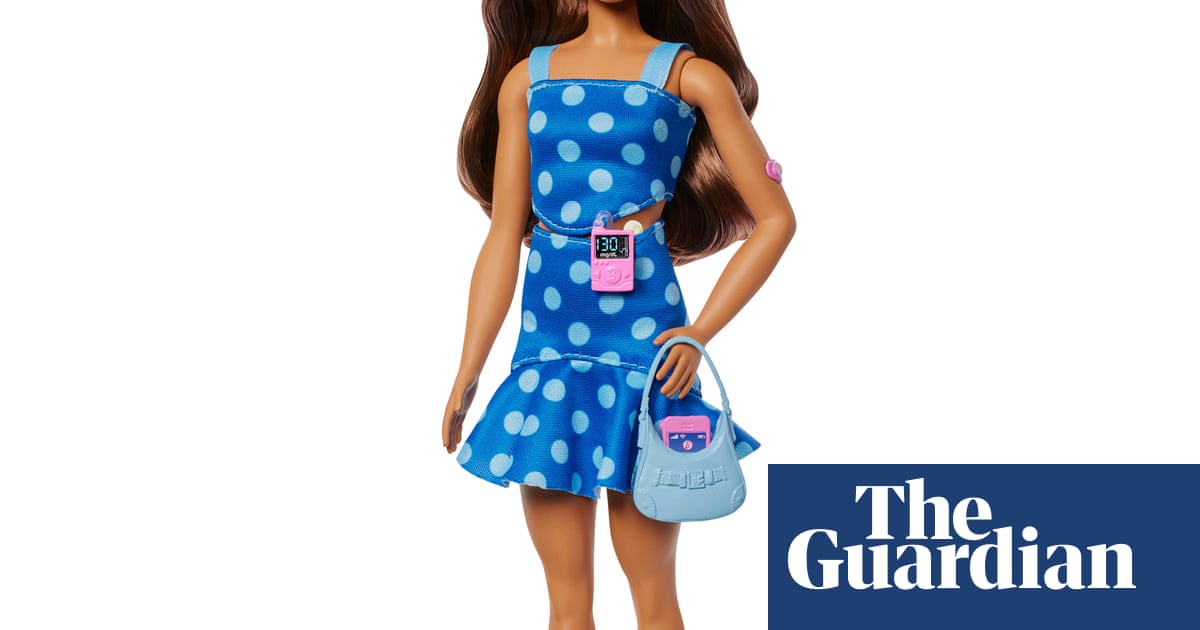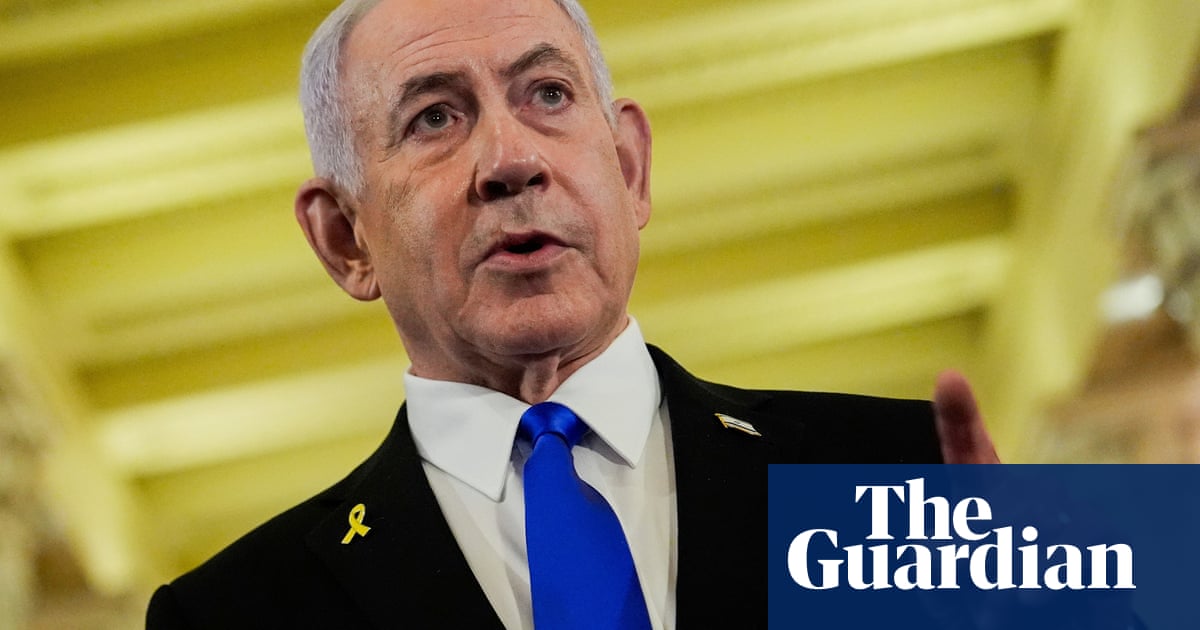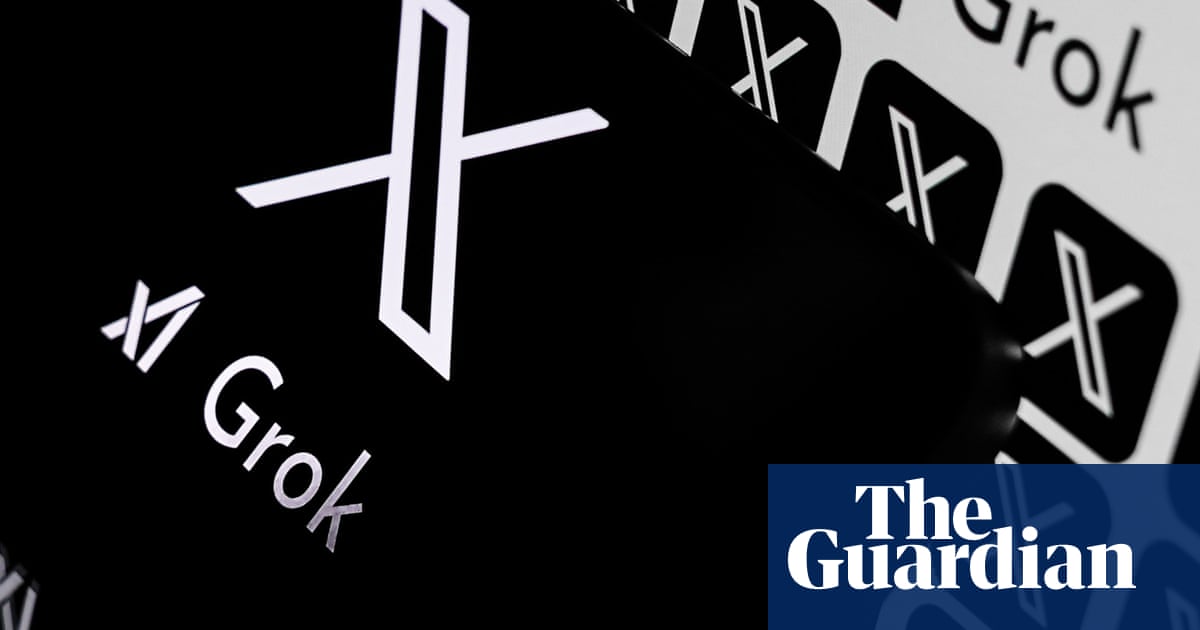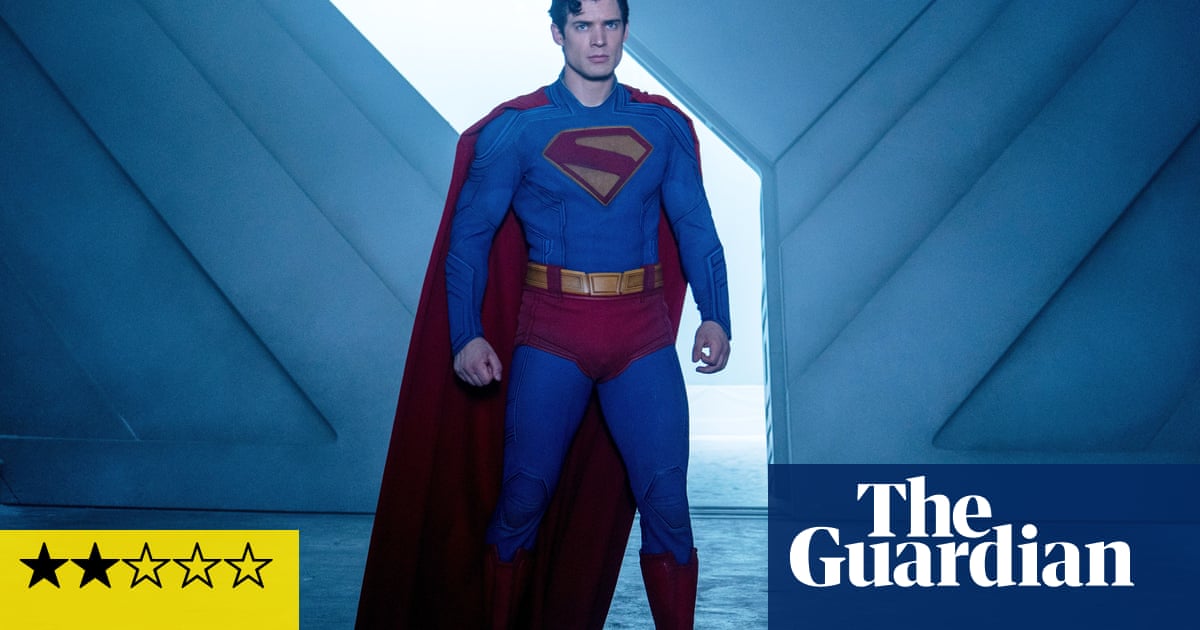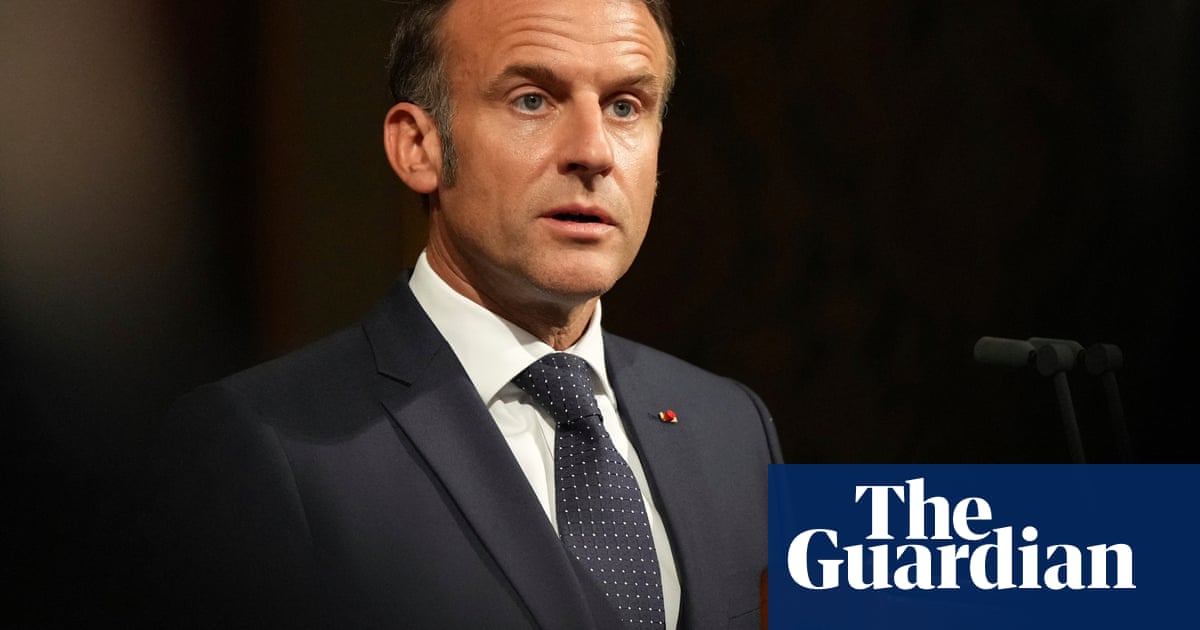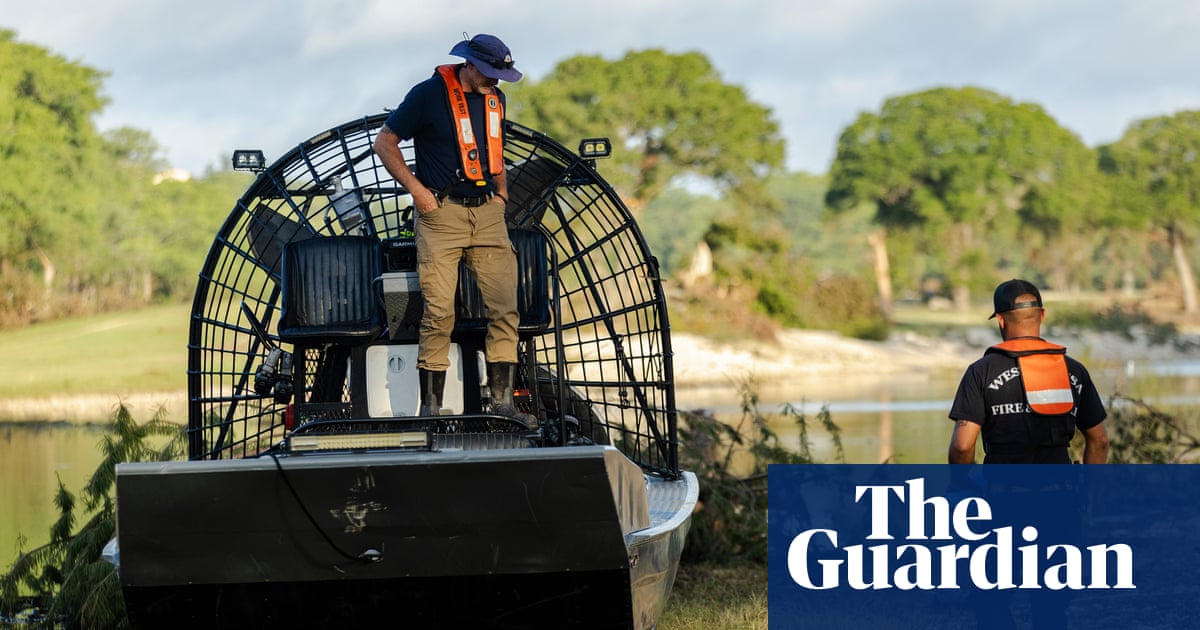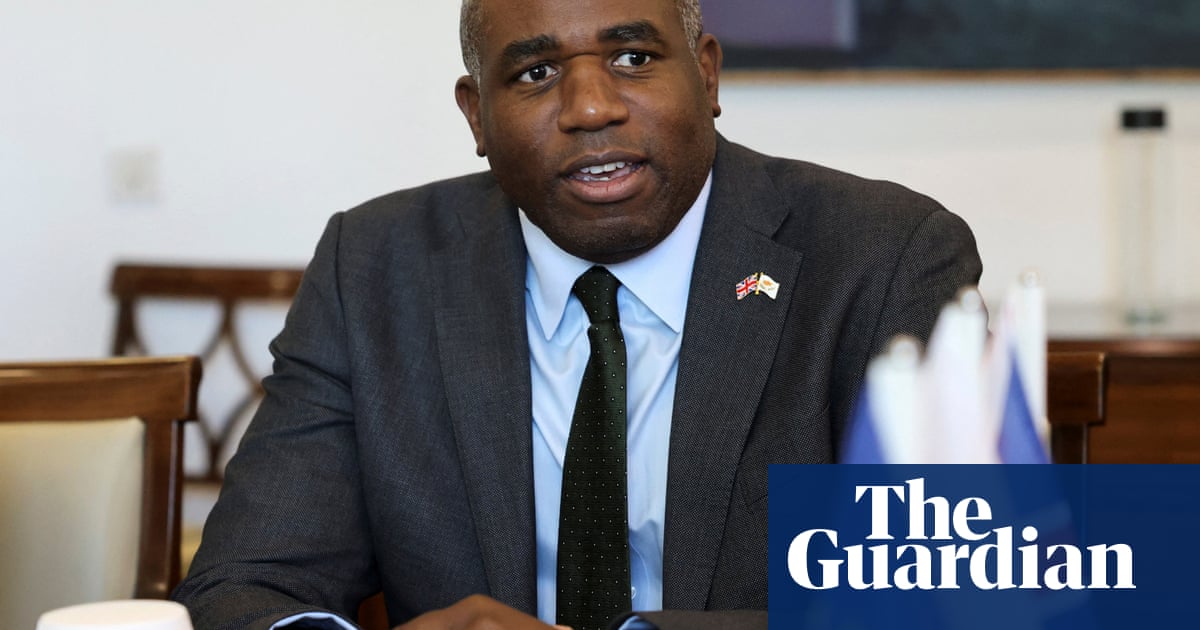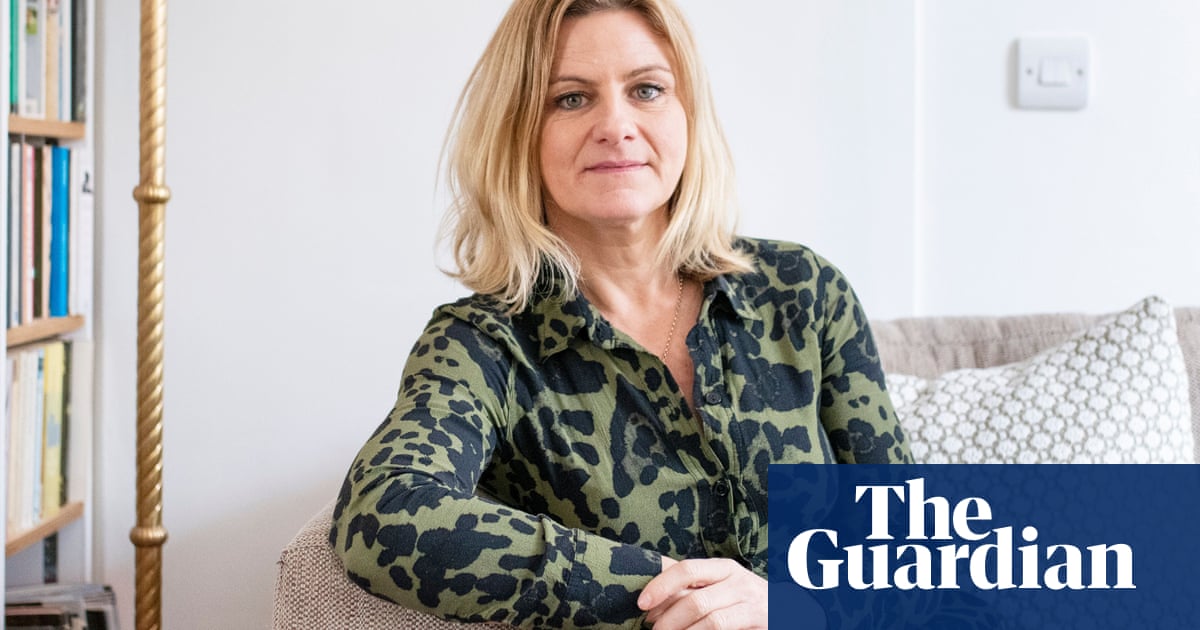About 25 minutes into Sorry, Baby, writer-director Eva Victor’s debut feature out this summer, a bad thing happens to Agnes, Victor’s twentysomething academic in a small New England town. The film is forthright and economical with the details; Agnes, an English PhD student, goes to meet her thesis adviser (Louis Cancelmi), with whom she shares a light flirtation and a mutual passion for Virginia Woolf. He shifts the meeting to his house, citing logistics and lavishing praise. Agnes enters at dusk; we linger outside as the shot cuts to dark, signaling hours past. She emerges in silence and hustles to her car, expressionless as she drives away for what feels like an eternity.
Back at home, Agnes sits in the bath and tells her best friend Lydie (an excellent Naomi Ackie) what happened in clipped, detached details. He was insistent. She tried to wriggle free and diffuse tension, he kept pushing. Eventually she froze – “my spine got cold,” she recalls – and she can’t remember the rest. Neither say the word sexual assault or rape, though it’s not for lack of vocabulary or understanding. “Yeah, that’s the thing,” Lydie eventually acknowledges. “I’m so sorry that happened to you.”
Watching this scene for the first time, my spine got cold, too. I’ve watched most movies that primarily concern sexual assault released in the near-decade since #MeToo, out of both professional and personal interest, and it was the first time I’ve seen aftermath depicted this way – this briskly, this delicately, with this particular balance of gravity, context, confusion and resistance to extremity. Which is to say, this honestly – a strange judgment to make on a contemporary trope that definitionally hinges on revelation, of saying or showing what is often unsaid or ignored, but a notable judgment nonetheless. I long to see misogyny skewered on screen as much as anyone, yet so often handling of sexual assault post-#MeToo feels deadened, unimaginative, knowingly freighted, even disingenuous.
Or maybe I’m just tired. In the years since the Harvey Weinstein investigations triggered a cultural reckoning with sexual assault – and then a swifter, more powerful backlash to that reckoning – numerous films and television series loosely grouped under the #MeToo umbrella have transmuted that first heady period of disclosure that has long passed, hinging on the exposure of trauma and the shedding of naivety. At best, projects like Kitty Green’s underrated The Assistant or the cerebral Women Talking wrought suspense out of the chilling clues of routine, buried abuse. (The depiction of a vituperative, haunted female perpetrator in Tár, released the same year as Women Talking, is so singular and layered as to exist in its own category.) So often these stories were shaded with self-satisfaction – a bit in She Said, depicting the 2017 New York Times investigation into Weinstein, egregiously so in the Fox News-centric Bombshell.
At worst, such self-importance tipped into outright smugness, as in a string of buzzy, so-called #MeToo thrillers – Emerald Fennell’s Promising Young Woman, Olivia Wilde’s Don’t Worry Darling, Zoë Kravitz’s Blink Twice – that reveled in the depravity of men, each trying to shock with a passé, privileged version of “misogyny is really bad, actually.” A dominant type of trauma logic presided – unruly, unsubtle, annihilating, desperate. Even the deftest handlings of sexual assault, as in Michaela Coel’s masterful 2020 series I May Destroy You, still somewhat adhered to what critic Parul Sehgal memorably termed the trauma plot: trauma as totalizing identity, hero’s journey and definitional event, an explanation rather than a limited experience.
The Bad Thing in Sorry, Baby – for all her capacity with the English language, Agnes struggles to name it out loud, owing to an aching and believable mix of shame, confusion, fury, denial and disassociation – does mess up her life. She bolts awake at night, considers burning down his office. She adopts a stray cat. Most insidiously, she doubts his validations of her talents. But Victor is much more interested in the business of living than the logic of the trauma plot. Sorry, Baby traces the fallout of one damaging event, but also lots of other things around it that relate and expand – her job, her relationship of mutual physical comfort with her neighbor, her evolving relationship with Lydie as the latter gets married and has a baby with a person Agnes doesn’t love. With the exception of Agnes’s professional rival Natasha (Kelly McCormack), an off-putting and nakedly competitive weirdo better suited for a full-on comedy skit, the film thankfully resists extremity at every turn.
It’s fitting that this sharp-eyed portrait of fallout arrives now, as the dust has settled on the heady rush of #MeToo, revealing things to be worse than they were. Catharsis and awareness materially changed little. The film shows Agnes doing her due diligence, going to the hospital for a rape kit and reporting to school administrators. Both act self-protectively, neither do anything, to which Agnes offers resigned indignation. Asked later if she went to the police, she says no, because she doesn’t want him to go to jail. A small example of a conundrum made even more pressing by the legal swing against convictions of alleged perpetrators: is it even worth reporting? What are they going to do, if they can’t make it un-happen and the options are nothing but protracted, expensive, almost certainly life-altering and potentially devastating. What consequences do you want? How do you live with it?
Sorry, Baby’s argument is one woman’s halting, idiosyncratic, weird path forward. Yet for all its realism, the film is not fatalistic – Victor’s roots are in standup comedy, and over a taut and often funny 93 minutes, she presents a different and refreshing theory of trauma, more in line with lived experience outside the bounds of plot: violence shattered something irreplaceable, and shards skittered weeks and months and years into the future, and sometimes you step on them and remember. More time, you don’t, and other stuff happens. “I remember moments of it, and I can feel in my body that it was really bad,” Agnes tells a gruff but kindly shopkeeper years after the incident. “But then sometimes I don’t think about it, which is weird. And I feel guilty when I don’t think about it.” You inch forward, then you walk. You laugh with your friends, you forget, you remember, you keep going, in a plot that doesn’t end but does not define, either.
-
Sorry, Baby is out now in US cinemas and will be out in the UK on 22 August and in Australia on 3 September

 4 hours ago
3
4 hours ago
3


